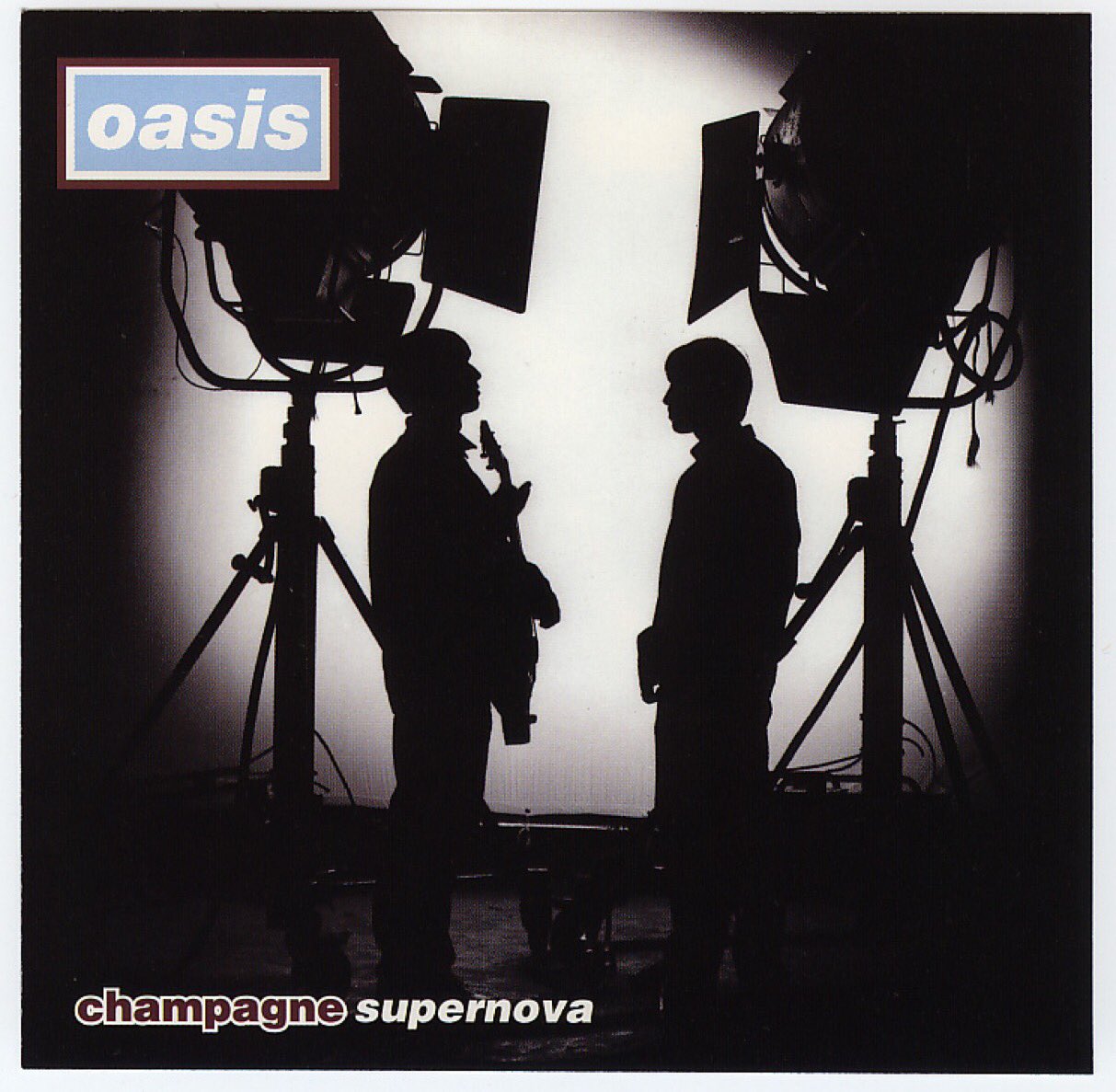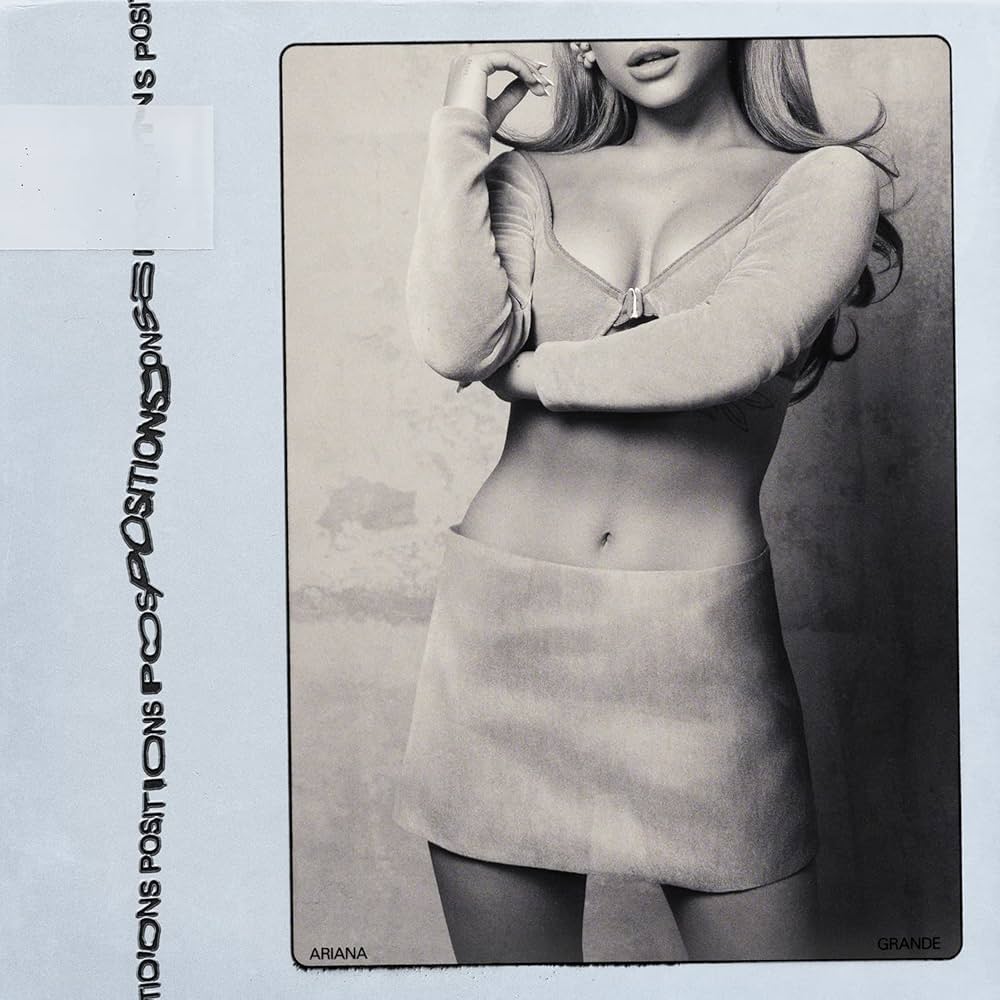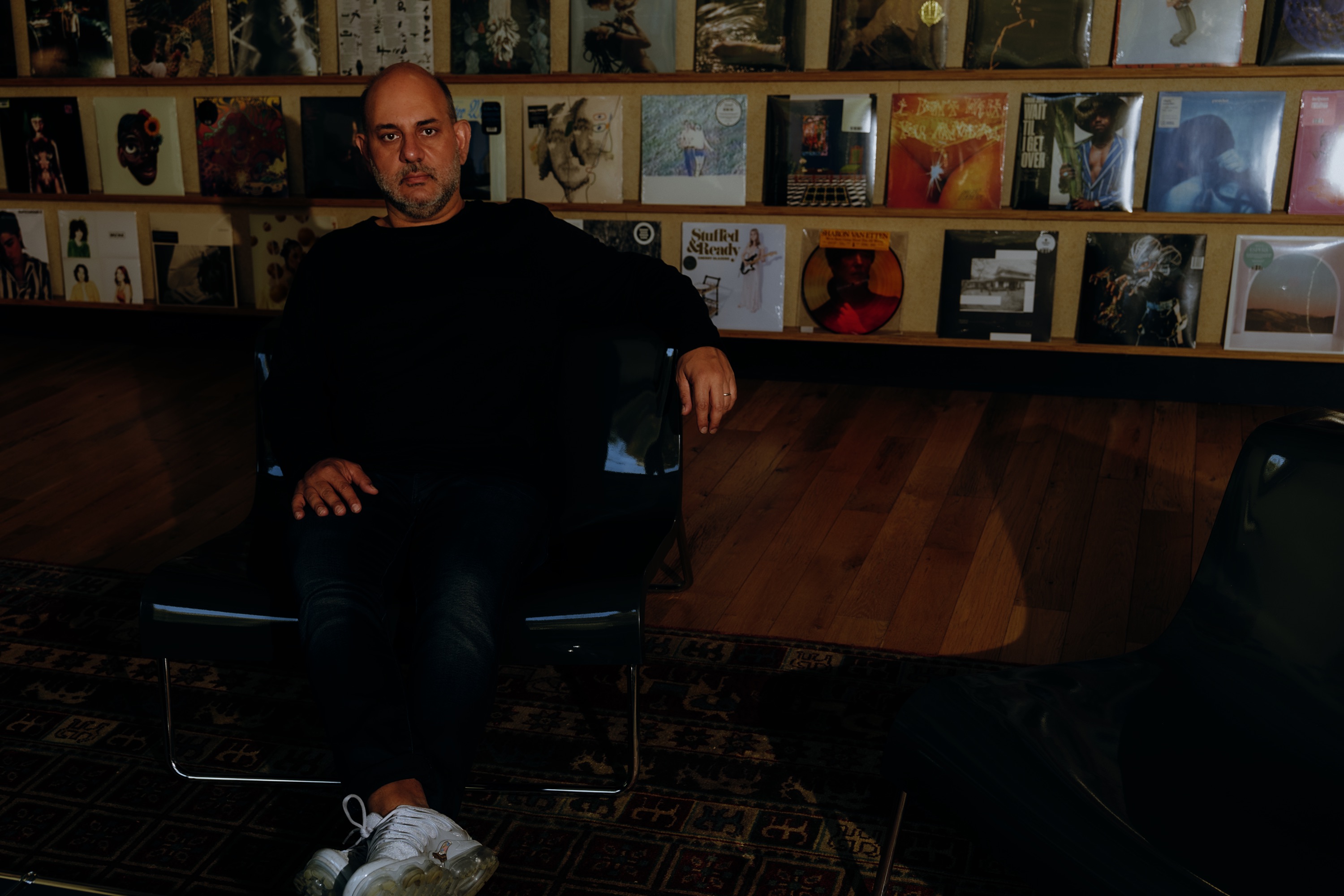In The Number Ones, I'm reviewing every single #1 single in the history of the Billboard Hot 100, starting with the chart's beginning, in 1958, and working my way up into the present.
Joe Cocker & Jennifer Warnes - "Up Where We Belong"
HIT #1: November 6, 1982
STAYED AT #1: 3 weeks
In the final moments of An Officer And A Gentleman, Richard Gere struts into the factory, his bright and crispy white uniform stark and vivid against the gray all around him, as the baritone guitars of Jack Nitzsche's score blare behind him. Gere is Zack Mayo, a dreamer with a fucked-up past and an anti-authority streak that keeps getting him in trouble. He wasn't supposed to make it through Aviation Officer Candidate School, and he had to get in a damn kung fu fight with his drill instructor to do it. But he made it. He's Ensign Mayo now.
While Mayo has been struggling his way through the school, he's fallen in love with Debra Winger's Paula Pokrifki. Mayo has been warned that the local women in that Pacific Northwest town only care about bagging a Naval aviator. Mayo's best friend just took his own life after he left the school, proposed to Paula's best friend, and got rejected. So Mayo, doubting himself, had broken it off with Paula. But now that he's made it through the school, Gere knows. Walking through that factory, he's sure of himself, of what he needs to do.
Mayo sneaks up behind Paula, who's working at some bigass machine. He surprises her, grabs her, kisses her, all while the score swells up behind him. Paula's best friend, the one who (at least in the movie's logic) drove Gere's friend to suicide, looks pissed off at first, but then she cheers for Paula. All the women in the factory cheer as Gere carries Winger out into the final freeze-frame. It's one of the all-time great movie endings, at least until the score fades into the song.
The song is where it all goes wrong. A watery piano hits a couple of notes, and two voices rise up -- one a raspy yarl, the other a sweetly anonymous coo. Together, they sing blank nothings about the power of love while session musicians noodle aimless, canned, quasi-soul. The song they're singing has the same melody as Jack Nitzsche's triumphant score, but it transfigures that score into sleepy, character-free waiting-room music. In mere seconds, the song utterly curdles the emotional high of that great final scene. I hate it.
It's not like "Up Where We Belong" doesn't have pedigree. Everyone involved in the song had tremendous success in one space or another. Consider co-writer Jack Nitzche, whose score served as the basis for the song. By 1982, Nitzche was a legit legend, albeit one with a disturbing history. Nitzche had moved to Los Angeles in the late '50s, wanting to become a jazz saxophonist. He'd fallen in with Sonny Bono, and together, they'd written "Needles And Pins" for Jackie DeShannon in 1963. (The highest-charting version of "Needles And Pins," the Searchers' 1964 take on the song, peaked at #13.) Nitzche also worked as Phil Spector's arranger and conductor, and he'd helped design the whole Wall Of Sound aesthetic.
Nitzsche had a hand in a whole lot of great music. He'd played on almost all the best Rolling Stones albums. He'd been in Neil Young's first Crazy Horse lineup, and he'd also co-produced the first Crazy Horse album. He kept working with Neil Young through the '70s, playing on many of Young's classics. In the '70s, Nitzsche started scoring films, including massively successful and important ones like The Exorcist and One Flew Over The Cuckoo's Nest. Nitzsche also developed a serious drug habit, and in 1979, he was arrested for raping his ex-girlfriend, the actress Carrie Snodgress, with a gun barrel. (The charges were later dropped.)
On the Officer And A Gentleman score, Nitzsche's main collaborator was the Canadian folk singer and indigenous activist Buffy Sainte-Marie. Sainte-Marie is a legend in her own right, a key participant in the early-'60s folk scene and the writer of the 1963 anti-war standard "Universal Soldier." (That song has been covered dozens of times, and a couple of mid-'60s versions, from Donovan and Glen Campbell, charted in the US in the mid-'60s.) On a 1977 Sesame Street episode, Sainte-Marie became the first woman ever to breastfeed a baby on American TV. Sainte-Marie and Nitzsche got married in 1982, and they stayed together until Nitzsche died of a heart attack in 2000.
Nitzsche and Sainte-Marie co-wrote the main theme from An Officer And A Gentleman, the piece of music that plays as Gere struts into that factory. When director Taylor Hackford decided that the movie needed a big end-credits song, Paramount head of music Joel Sill brought in the songwriter Will Jennings, whose work will show up in this column again. Jennings stitched together pieces of the score and wrote some lyrics to them, and that became "Up Where We Belong."
Jennifer Warnes, one of the two voices on "Up Where We Belong," had come from the California folk scene. She'd been around show business, in one way or another, since the late '60s, when she'd been a cast member on The Smothers Brothers Comedy Hour and one of the stars in the LA production of Hair. Warnes was also one of Leonard Cohen's closest collaborators; she sang backup and did vocal arrangements on many of Cohen's albums, up to and including 2012's Old Ideas. The former Velvet Underground member John Cale produced one of Warnes' solo albums in 1972. And Warnes scored a pop success in 1976, when her single "Right Time Of The Night" peaked at #6. (It's a 5.)
After "Right Time Of The Night," Warnes found a niche as a singer of movie themes. On 1979's Norma Rae soundtrack, Warnes sang "It Goes Like It Goes," which won a Best Original Song Oscar for writers David Shire and Norman Gimbel. Two years later, Warnes sang the Randy Newman-written "One More Hour" on the Ragtime soundtrack, and that one was nominated for another Oscar. Despite those successes, director Taylor Hackford thought her voice was too sweet for the Officer And A Gentleman soundtrack. So she countered by saying that she could sing it with Joe Cocker, whose voice wasn't too sweet for anything.
Cocker, the mad-dog Englishman, was famous for being a histrionic blues-rock yowler and a self-destructive alcoholic cautionary tale. Cocker, a Sheffield native, came up through the British rock universe in the late '60s. Jimmy Page played guitar on Cocker's breakout single, a 1968 cover of the Beatles "With A Little Help From My Friends," which only got to #68 in the US but which topped the charts in the UK. A year later, Cocker famously growled and screamed and testified his way through the song at Woodstock. In 1970, Cocker had his first US hit when his cover of "The Letter," a chart-topper for the Box Tops, peaked at #7. (Cocker's version is a 7.)
https://youtube.com/watch?v=tfLyK2DVVUU
Cocker toured hard through the '70s, and he also had some pop success, but he visibly struggled with alcoholism. But Cocker got it together enough to give a reportedly-impressive performance with the Crusaders at the 1982 Grammys. (I can't find it online anywhere.) After that performance, Warnes was confident that Cocker could sing "Up Where We Belong" as a duet with her, even though they'd never met. Cocker took some convincing, but he agreed to record the song, flying to LA mid-tour to record it with Warnes.
Let's be honest: Joe Cocker was a weird choice for this thing. It's not that Joe Cocker was incapable of singing ballads; he'd gotten to #5 with his 1975 cover of Billy Preston's "You Are So Beautiful." (Cocker's version is an 8.) But Cocker's raspy, gravelly voice just doesn't fit with the airless '80s easy-listening production of "Up Where We Belong." Cocker's delivery is almost a parody of churchy Black American soul singing, and he needs space to dip and dive and soar. The antiseptic piano-tinkles and clumsily obvious string arrangements of "Up Where We Belong" don't give him that space.
On top of all of that, "Up Where We Belong" is just a bad song. It's a love ballad, but the lyrics are so vague and indistinct that they immediately evaporate into nothingness. The image of love lifting a couple up "where the eagles cry on a mountain high" is memorably stupid, and it should at least be funny. But in all its gloopy anonymity, "Up Where We Belong" won't even let it be that. Warnes, a total professional, does what she can with the song, but she fades right away. Cocker sounds utterly out of his depth. The song hits with all the force of hot air from a gas-station hand dryer. It's the worst.
At first, things did not look promising for "Up Where We Belong." Island Records head Chris Blackwell, Cocker's label boss, had allowed him to record the song. But when he heard it, Blackwell hated the song so much that Cocker left the label shortly thereafter. Paramount execs Michael Eisner and Don Simpson hated the song, too, and Simpson bet $100 that it wouldn't be a hit. The track almost got pulled from the soundtrack. When the single came out, some radio stations sent it back to the label.
But An Officer And A Gentleman was a huge hit, and "Up Where We Belong" was featured prominently in it. An Officer And A Gentleman earned $129 million, and it was the #3 movie of 1982 at the domestic box office, behind only E.T. and Tootsie. Eventually, popularity of An Officer And A Gentleman pushed the song. That's the best explanation I can come up with for its success: People loved that ending scene, and "Up Where We Belong" reminded them of it. Four months after the film hit theaters, the song finally made it to #1.
At the 1983 Oscars, "Up Where We Belong" won Best Original Song -- the second time that a Jennifer Warnes-performed song would win the award, and not the last. (Fellow nominee "Eye Of The Tiger" was robbed.) Warnes and a sweaty Cocker sang the song on the telecast, while the dancers around them acted out what looked like a Navy-themed cult staging a mass wedding.
Olivia Newton-John handed the award to Jack Nitzsche, Buffy Sainte-Marie, and Will Jennings. Sainte-Marie became the first indigenous person ever to win an Oscar. That Oscar was one of two for An Officer And A Gentleman. The other winner was Louis Gossett Jr., who played the drill instructor and who took home Best Supporting Actor. (Gossett was only the fourth Black American ever to win an Oscar, after Hattie McDaniel, Sidney Poitier, and Isaac Hayes.) Nitzsche was still yelling about his Oscar a decade later, when he was on an episode of Cops, getting arrested for drunkenly threatening some kids with a gun after they'd stolen his hat.
Joe Cocker never scored another top-10 hit after "Up Where We Belong," though he made it as close as #11 with his 1989 song "When The Night Comes." Cocker sang a few more songs on a truly random collection of movie soundtracks: 9½ Weeks, Harry And The Hendersons, The Bodyguard. His old cover of "With A Little Help From My Friends" became the theme song for The Wonder Years. But Cocker spent most of the rest of his life on the nostalgia circuit. He died of lung cancer in 2014, when he was 70. Jennifer Warnes wrote a nice Billboard tribute after his death.
Jennifer Warnes, on the other hand, will be in this column again.
GRADE: 2/10
BONUS BEATS: Over the years, "Up Where We Belong" has soundtracked a great many parodies of the Officer And A Gentleman ending. The first one was in a classic Simpsons episode in 1990. Here it is:
Here's David Schwimmer and Jennifer Aniston doing something similar on a 1996 episode of Friends:
https://youtube.com/watch?v=IyFc_f2dij0
And here's South Park doing its version in 2005:
BONUS BONUS BEATS: 2Pac's 1996 song "White Man'z World," released under Pac's Makaveli alias, interpolates "Up Where We Belong." Here it is:
(2Pac will eventually appear in this column.)






